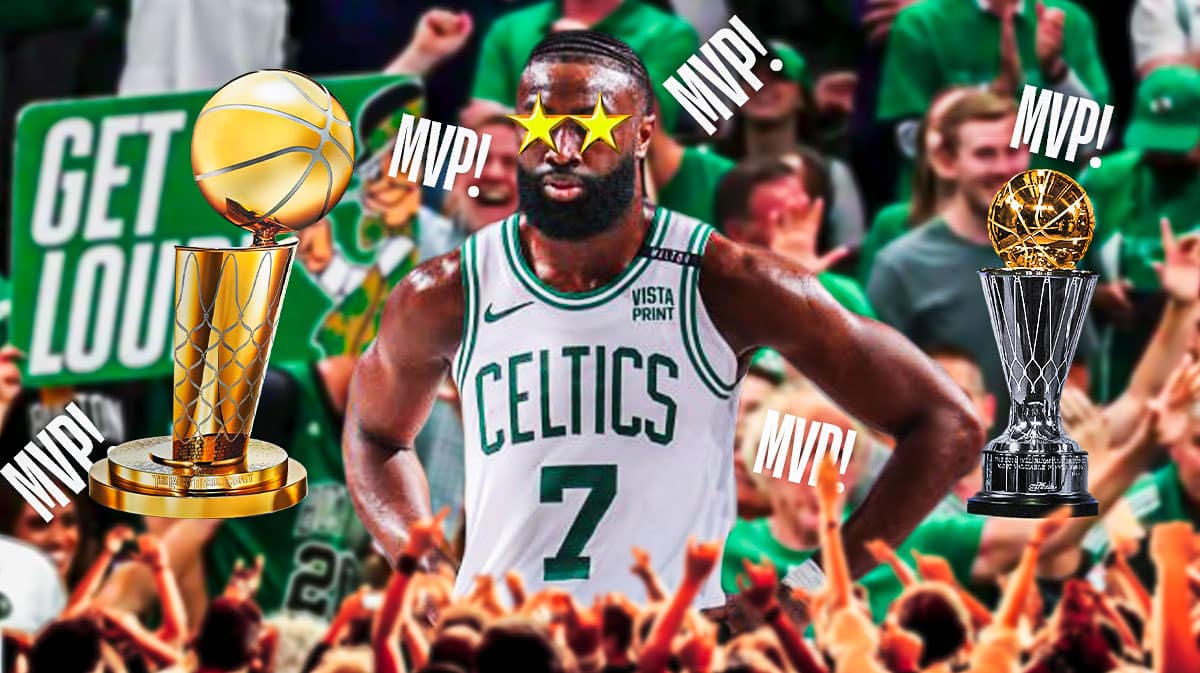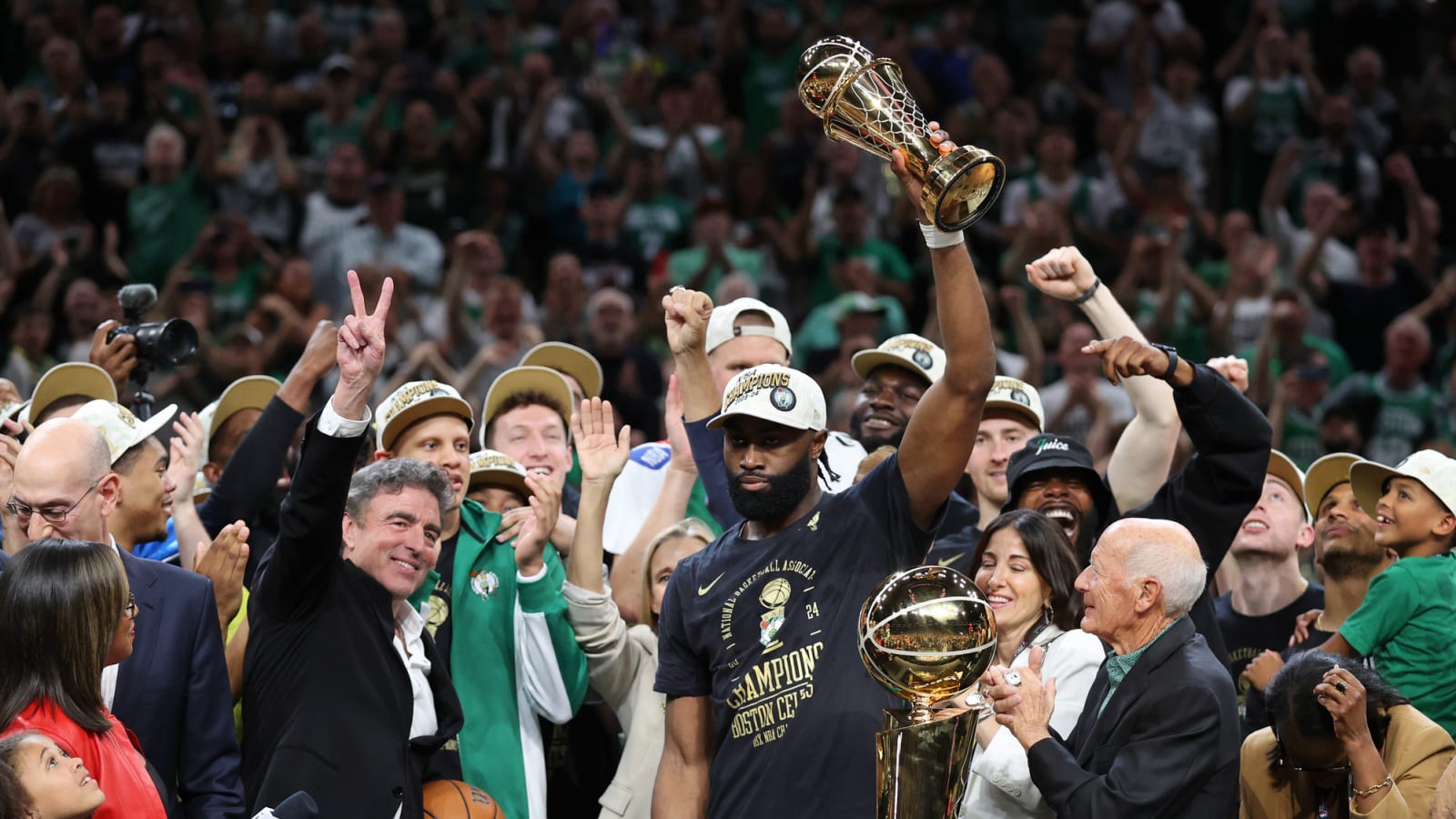Historical Significance of Finals MVP Awards

The Finals MVP award is the highest individual honor in basketball, bestowed upon the player who has made the most significant contributions to their team’s victory in the NBA Finals. Over the years, this prestigious award has evolved to become a symbol of excellence and a testament to the impact that individual performances can have on the outcome of a championship series.
The anticipation for the finals MVP was palpable, a whirlwind of excitement that rivaled the intensity of the Otsego tornado. As the game reached its climax, the spotlight shone upon the one player who had weathered the storm and emerged as the undisputed MVP, their performance etching their name forever in the annals of the sport.
The first Finals MVP award was given to Jerry West in 1969, when he led the Los Angeles Lakers to their first NBA championship. Since then, some of the most iconic players in basketball history have won the award, including Michael Jordan, Kareem Abdul-Jabbar, Magic Johnson, and LeBron James.
The Finals MVP has been crowned, and the Boston Celtics are now the 2023 NBA Champions. Fans are eagerly awaiting the Celtics parade , which will be held on Thursday, June 22nd. The parade will start at 11:00 AM ET and will travel through the streets of Boston, ending at City Hall Plaza.
The Celtics will be celebrating their 18th NBA championship, and fans are sure to come out in droves to show their support. The Finals MVP has been a key part of the Celtics’ success this season, and he is sure to be a big part of the parade.
The criteria used to determine the Finals MVP have changed over time, but the basic principles remain the same. The award is typically given to the player who has the most impact on their team’s success, as measured by their statistical performance, their leadership, and their overall contribution to the team’s victory.
In the intense battle for the coveted Finals MVP title, the stakes are high. As the Mavs and Celtics face off in Game 4 , all eyes will be on the players vying for this prestigious honor. The outcome of this pivotal matchup could significantly impact the trajectory of the series and ultimately determine who emerges victorious as the Finals MVP.
Impact of Finals MVP Performances
Finals MVP performances have often had a profound impact on the outcome of the NBA Finals. In some cases, a single player’s performance has been the difference between victory and defeat. For example, in 2016, LeBron James led the Cleveland Cavaliers to their first NBA championship in franchise history, averaging 29.7 points, 11.3 rebounds, and 8.9 assists per game. James’s performance was so dominant that he was unanimously voted the Finals MVP.
In other cases, a Finals MVP performance has been the culmination of a season-long journey. For example, in 2019, Kawhi Leonard led the Toronto Raptors to their first NBA championship in franchise history, averaging 28.5 points, 9.8 rebounds, and 4.2 assists per game. Leonard’s performance was the culmination of a season-long journey in which he led the Raptors to the best record in the Eastern Conference.
Statistical Analysis of Finals MVP Performances

Finals MVP performances are often characterized by outstanding statistical achievements. By analyzing data from previous Finals series, we can identify common statistical traits among Finals MVP winners and assess their contributions to their teams’ success.
Offensive Contributions
Finals MVPs typically lead their teams in scoring during the Finals series. They possess exceptional shooting efficiency, often posting high field goal percentages and three-point percentages. Additionally, they are skilled playmakers, contributing a significant number of assists to their teammates.
Defensive Contributions
While offensive prowess is often the primary factor in determining Finals MVP winners, defensive contributions also play a crucial role. Many Finals MVPs have been known for their exceptional defense, showcasing impressive rebounding abilities, shot-blocking prowess, and steals.
Key Metrics, Finals mvp
Several key metrics correlate with Finals MVP success:
- Points per game: Finals MVPs typically average over 25 points per game.
- Rebounds per game: Finals MVPs often contribute significant rebounds, both offensive and defensive.
- Assists per game: Finals MVPs are often skilled playmakers, averaging over 5 assists per game.
- Efficiency: Finals MVPs are highly efficient, with high field goal percentages, three-point percentages, and Player Efficiency Ratings (PER).
By analyzing these statistical metrics, we can gain insights into the characteristics of players who have historically excelled in the NBA Finals and earned the coveted Finals MVP award.
Impact of Finals MVP on Player Legacy and Team Performance

Winning a Finals MVP award can significantly elevate a player’s legacy and reputation. It is considered the pinnacle of individual achievement in basketball, recognizing the player who has made the most significant contribution to their team’s championship victory. Finals MVPs are often remembered as the greatest players of their generation, and their names are etched into the annals of basketball history.
The impact of a Finals MVP performance on a player’s legacy can be profound. It can solidify their status as a superstar, elevate their value in the eyes of teams and fans, and open up new opportunities for endorsements and other ventures. For example, Michael Jordan’s six Finals MVP awards are widely considered to be a major factor in his status as the greatest basketball player of all time.
Winning a Finals MVP award can also have a positive impact on a player’s team performance in subsequent seasons. The confidence and momentum gained from winning a championship can carry over into the following year, and the presence of a Finals MVP can inspire teammates to perform at a higher level. Additionally, the recognition and accolades that come with winning a Finals MVP award can help attract free agents and improve the team’s overall morale.
The psychological and motivational effects of winning a Finals MVP award can be significant for both players and teams. For players, it can provide a sense of validation and accomplishment, and it can motivate them to continue to strive for excellence. For teams, it can create a sense of unity and purpose, and it can inspire them to work together to achieve even greater success.
As the Finals MVP, I stood tall amidst the roar of the crowd. But beneath the cheers, a shadow lingered. News of the e coli outbreak in Lake Anna sent shivers down my spine. The thought of the contaminated waters, where I had once celebrated my victory, haunted me.
Yet, I knew I had to focus on the game, to bring home the championship for my team.
Amidst the electrifying atmosphere of the Finals, the MVP’s performance was nothing short of awe-inspiring. However, as the game reached its climax, news of a looming tornado warning in Kalamazoo sent shivers down our spines. Despite the distraction, the MVP remained unyielding, leading their team to a triumphant victory, proving that even in the face of adversity, their spirit burned brighter than ever.